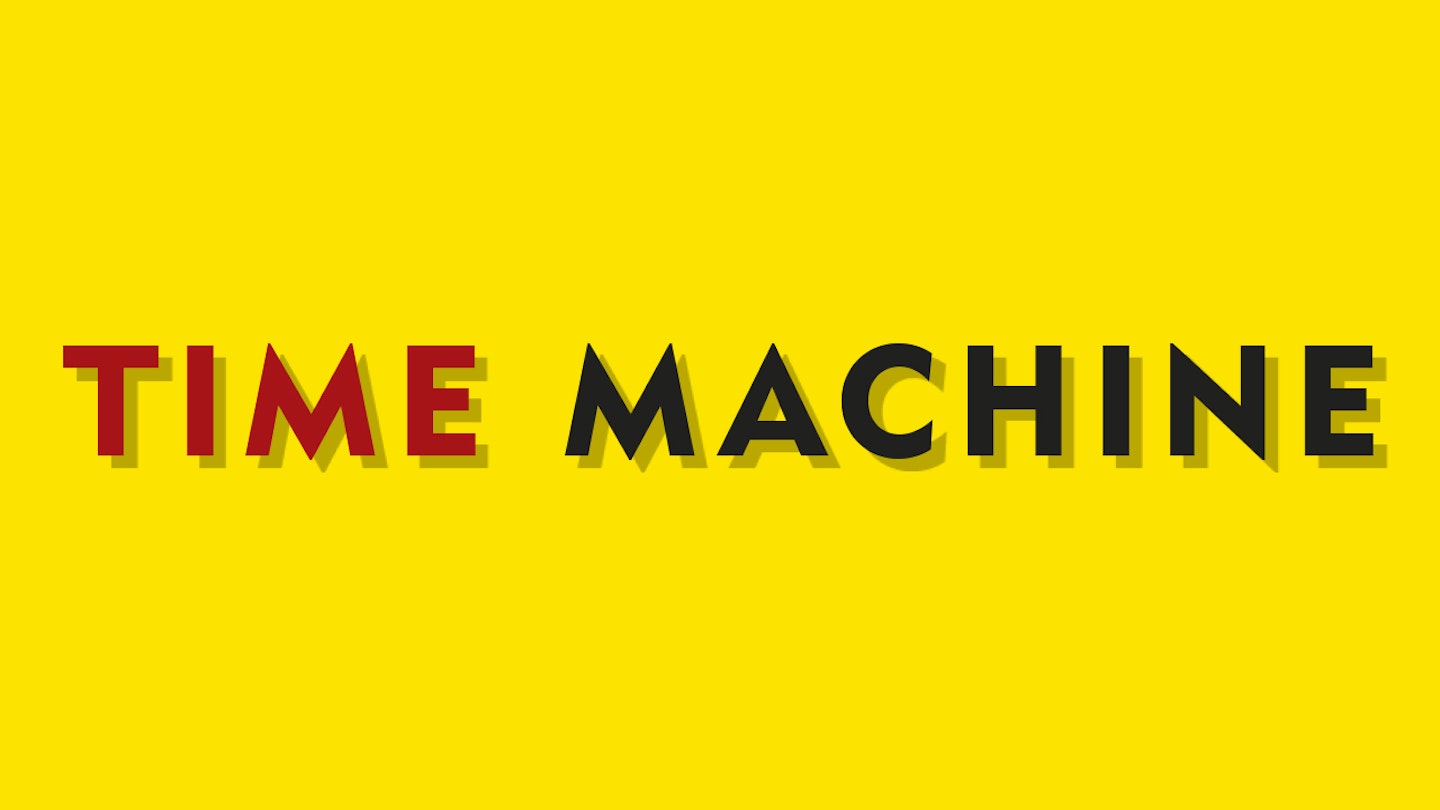1 January, 1966
BILLY LEE RILEY HAD BEEN AROUND. A guitarist who could also whip up a storm on harmonica, he’d had a couple of rockabilly hits on Sun in 1957 and led The Little Green Men, a band that for a while featured an up-and-coming Jerry Lee Lewis. Later he played harmonica on numerous sessions for Sammy Davis Jr, Rick Nelson, The Righteous Brothers and The Beach Boys. That’s him on the single version of Help Me, Rhonda, though Billy Lee later confessed: “You have to listen real close to hear me, they got me pulled down in the mix.”
Having acquired something of a reputation as a mouthharp mainman, he began releasing a series of harmonica-headed albums in the early ’60s, including Harmonica Beatlemania and Whisky À Go-Go-Presents. During January 1966, GPN-Crescendo released a Billy Lee Riley album titled Funk Harmonica (Folk Rock And Folk Blues). An easy-please, wide appeal affair of songs by Bob Dylan, Donovan and P.F. Sloan, its impact was modest, but it was shrewdly timed.
“Bob Dylan knew more about me than I did.”
Billy Lee riley
It could not be denied: harmonicas were in. On January 16, that same year, Billboard magazine ran a major news piece sporting the headline “Folk Revival Sparks Harmonica Boom”.
The piece revealed: “Record retailers are riding the crest of the harmonica wave. The public, stimulated by the increasing numbers of pop artists who use harmonicas in their acts, is buying harmonicas at an unprecedented rate.”
Dylan, The Rolling Stones, The Dave Clark Five, Stevie Wonder, Donovan and more...
In 1963, the number of US record retailers selling harmonicas was practically zilch. Just a year later, some 40 per cent sold the instruments, while in 1965, the year that sparked the January headline, 50 per cent of all dealers stocked Hohner. The main reason, according to Billboard’s research, was down to the folk music revival and, “in particular Columbia artist Bob Dylan, who plays the harmonica in combination with the guitar [and] interested thousands of youths in buying and playing harmonicas.” It was reckoned that about 10 per cent of records on the US pop chart during the period featured harmonica, with Dylan, Barry McGuire, The Rolling Stones, Stevie Wonder, The Dave Clark Five, Donovan, Sonny & Cher, The Beau Brummels and Bobby Vinton just a few of the performers who lodged harmonica-helped singles in the US charts.
A further Billboard news item revealed, “Following the path blazed by folk music which incorporates rock instruments, blues seems to be gaining a Hot 100 foothold with electric guitars, drums and amplified harmonicas.” The piece listed new releases by Paul Butterfield, The Blues Project and The Goldberg-Miller Blues Band, adding that, “the basic element seems to be the harmonica highly amplified to produce a funky sound.”
For a while, the trend continued. Harmonicas were cheap and could be purchased for between two and 10 dollars. At that price anyone could be a music-maker. And if Stevie Wonder failed to tootle even one harmonica shaped note on his January 1966 R&B Number 1 Uptight (Everything’s Alright), Slim Harpo’s harmonica-heavy Baby Scratch My Back was on its way, and would terminate Stevie’s stay at the top a few weeks later. Harpo, born James Isaac Moore, took his professional name from the harmonica he’d been playing in Louisiana since his childhood. But then, gradually at first, the number of hip harpsters subsided. One was Billy Lee Riley, who failed to appear on album for many years after.
Mouth organ aficionado Dylan was one of those wondering where he was. Searching around, he found Billy Lee in Newport, Arkansas and immediately asked him to open a show for him in Little Rock. That day in 1992 they stood alongside each other, Dylan smiling and hailing Riley as “my hero.”
“He knew more about me than I did,” claimed Riley, as Dylan recalled Billy Lee covering his songs on his ’60s albums. Dylan called him “a hard act to follow.”
There was something of a late flourish to Billy Lee Riley’s career, and he was nominated for a Grammy for his blues album Hot Damn! in 1997, before he said his final goodbye in 2009. Dylan still remembered him, of course. When accepting his award as Person Of The Year from the MusiCares charity in 2015, he said he, “never got tired of watching Billy Lee perform… We spent time together just talking and playing into the night. He was a deep, truthful man. He wasn’t bitter or nostalgic. He just accepted it. He knew where he had come from and he was content with who he was.”
